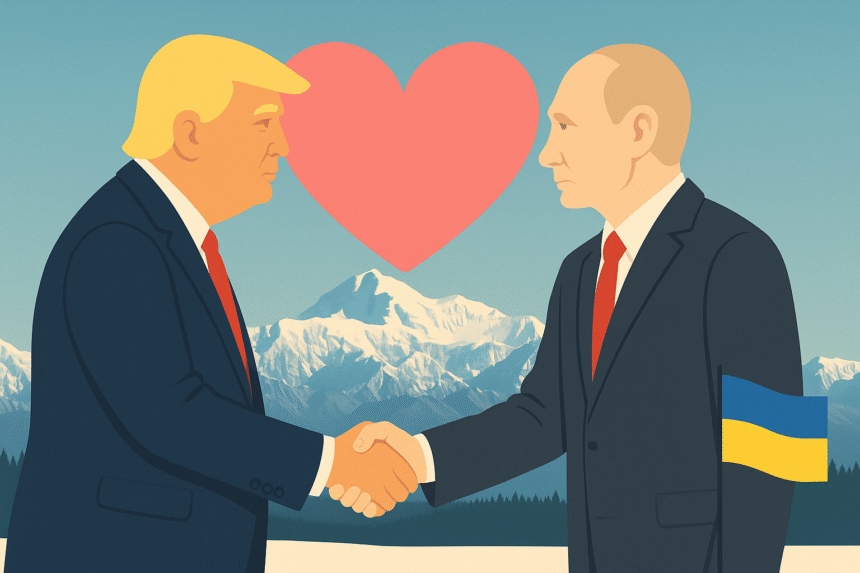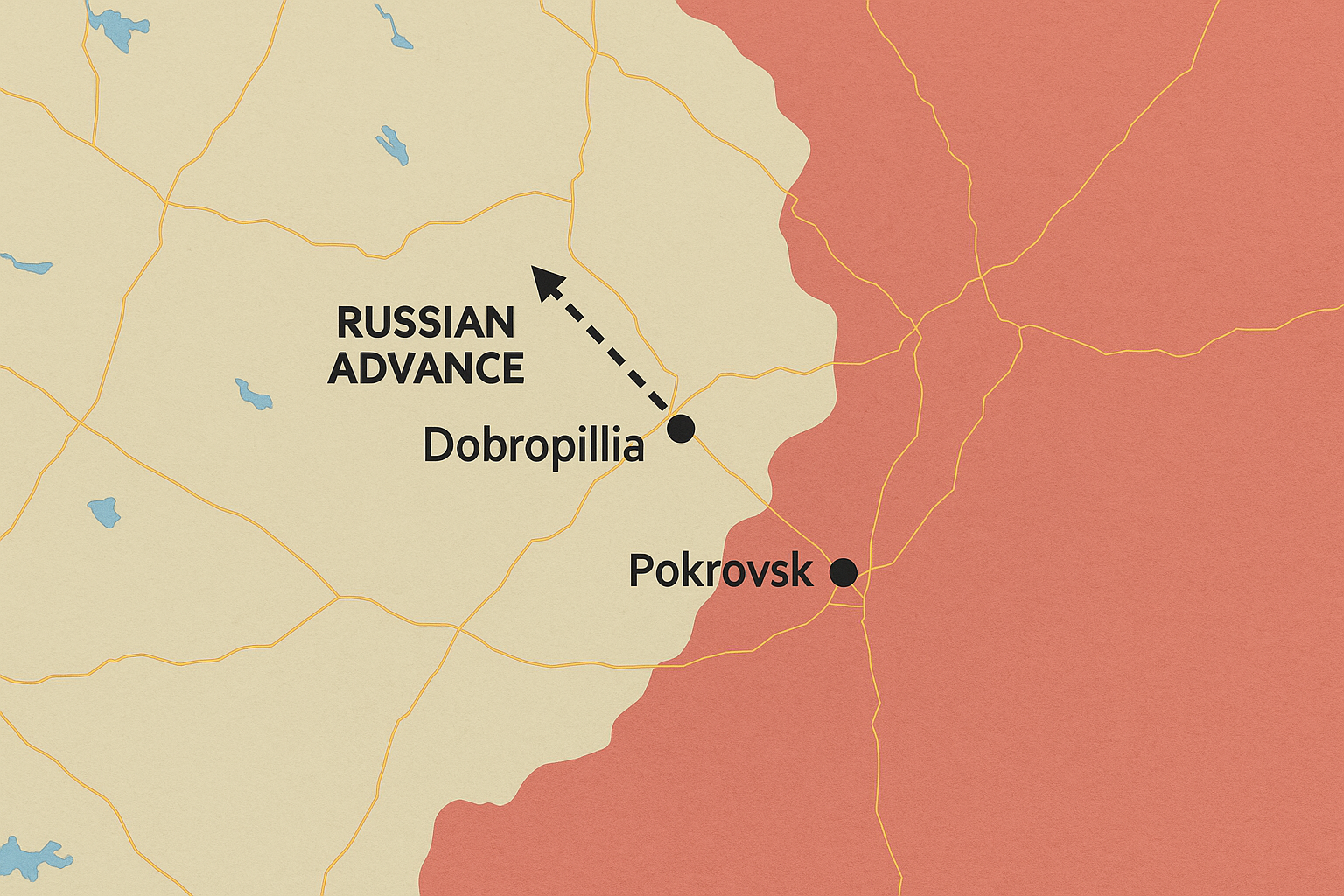President Donald Trump prepares to meet Russian President Vladimir Putin in Alaska on Friday, concerns are growing in Kyiv and among Western observers that the talks could result in territorial concessions to Moscow — handing Russia what it has been unable to secure by force.
The meeting comes seven months into Trump’s presidency, during which he pledged an “instant deal” to end Russia’s war in Ukraine. His initial attempts to secure a ceasefire failed, leading him last month to threaten economic sanctions against Russia’s oil exports unless Putin shifted course. The Alaska summit is seen as a response to that threat, though Putin has not yet agreed to a ceasefire.
Historical Echoes and Political Context
Critics draw parallels with past diplomatic settlements — from Munich to Yalta — where great-power negotiations reshaped borders at the expense of smaller nations. Trump’s 2018 summit with Putin in Helsinki remains a notable precedent, when he appeared to side with the Russian leader over U.S. intelligence agencies on election interference, even proposing a joint U.S.-Russia cybersecurity initiative. Domestic backlash at the time forced him to abandon the idea.
Today, Trump faces fewer internal constraints. His current Director of National Intelligence, Tulsi Gabbard, has promoted unfounded claims that the 2016 election “plot” was orchestrated by former President Barack Obama and the “deep state” to block Trump’s inauguration — deflecting from controversies such as Trump’s refusal to release files related to Jeffrey Epstein.
Putin’s Leverage
While Trump has reversed the Pentagon’s earlier ban on arms sales to Ukraine following frustrations over Putin’s refusal to halt attacks, two key factors favour the Russian leader:
- Trump’s Urgency for a Deal – Analysts believe Trump is more eager than Putin to secure an agreement, a dynamic Moscow could exploit to consolidate territorial gains. Despite significant casualties — reportedly exceeding those of all Soviet and Russian wars combined since 1945 — Putin believes time is on his side.
- Limited Expertise in Trump’s Team – Trump’s chief Russia envoy, Steve Witkoff, has been criticised for lacking knowledge of Ukraine’s geography and the territories Moscow claims. Even months into the role, reports suggest Witkoff remains unclear on these details, weakening the U.S. position in high-stakes negotiations.
Risks for Ukraine
Ukrainian President Volodymyr Zelenskyy has little room for compromise. Any agreement involving “land swaps” would likely provoke a political backlash in Ukraine and threaten his leadership. Trump’s remark to Zelenskyy during a February Oval Office meeting — “You don’t have the cards” — underscored Washington’s perception of Kyiv’s weakened bargaining power.
Putin’s strategy appears focused on using Trump’s desire for a swift resolution to secure concessions, while delaying severe U.S. sanctions on Russian oil exports that are sustaining Moscow’s economy.
As the Alaska meeting approaches, observers warn that without strong U.S. negotiating discipline, the outcome could reshape Ukraine’s territorial integrity in Russia’s favour — with lasting consequences for European security.








